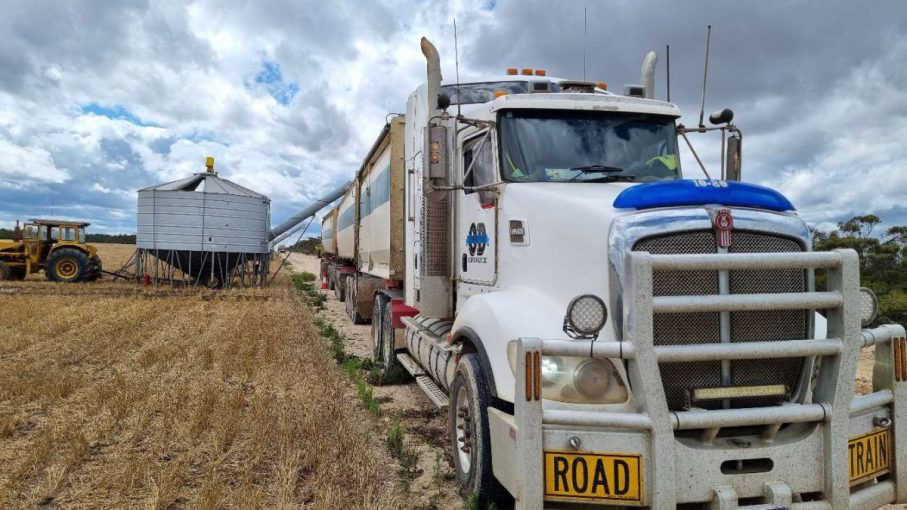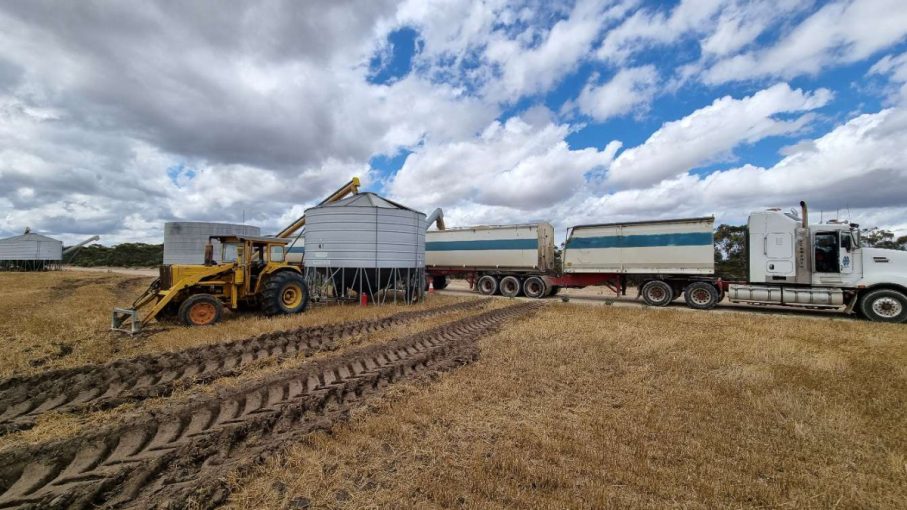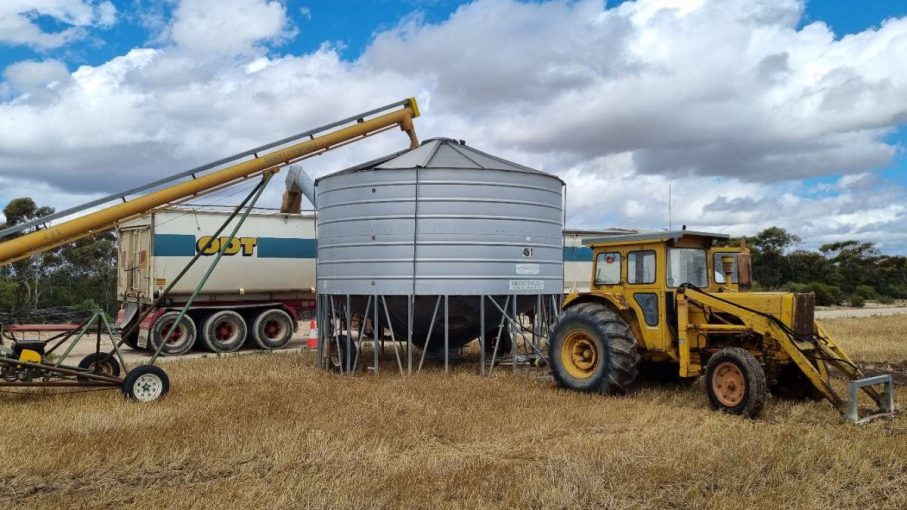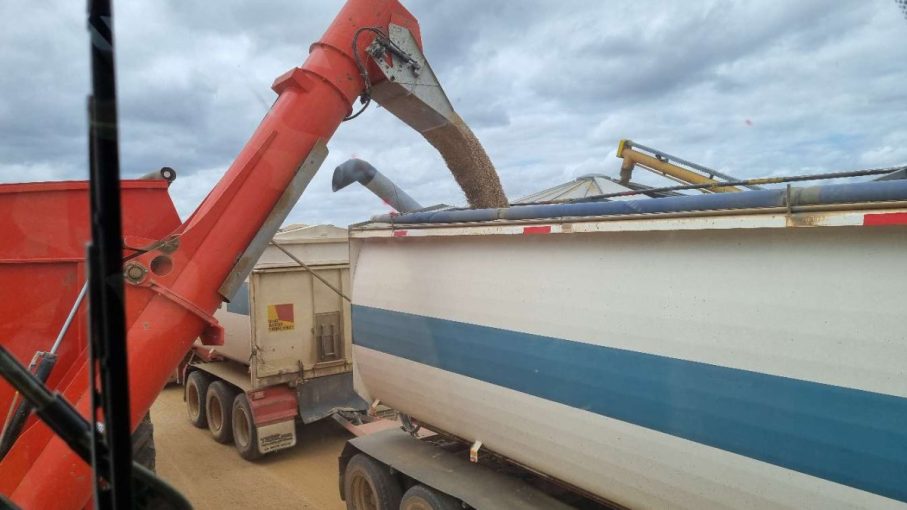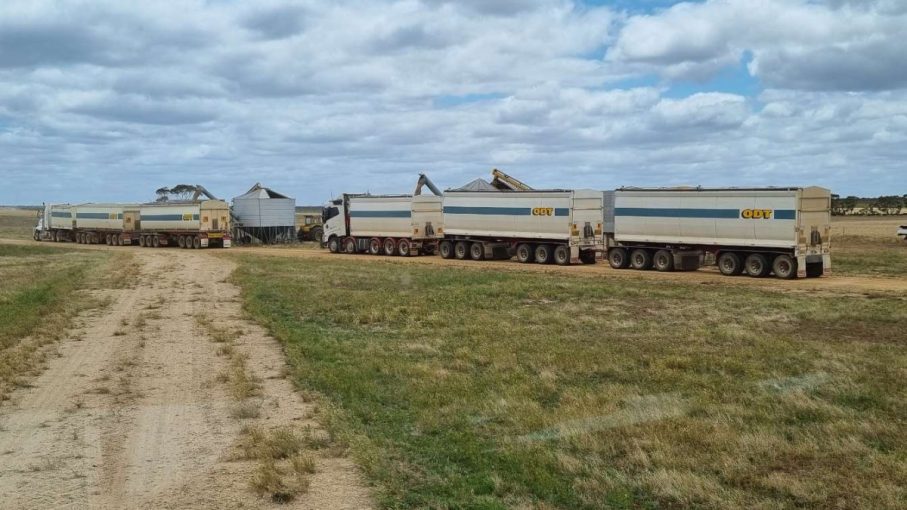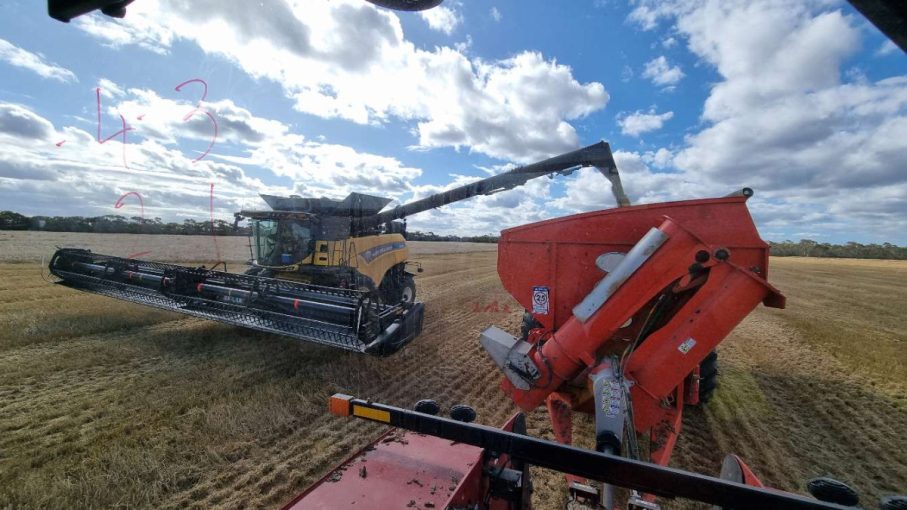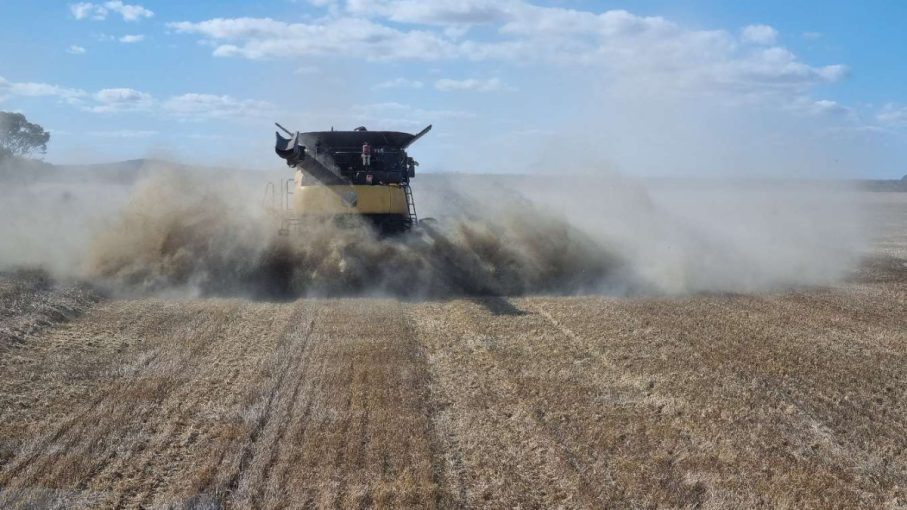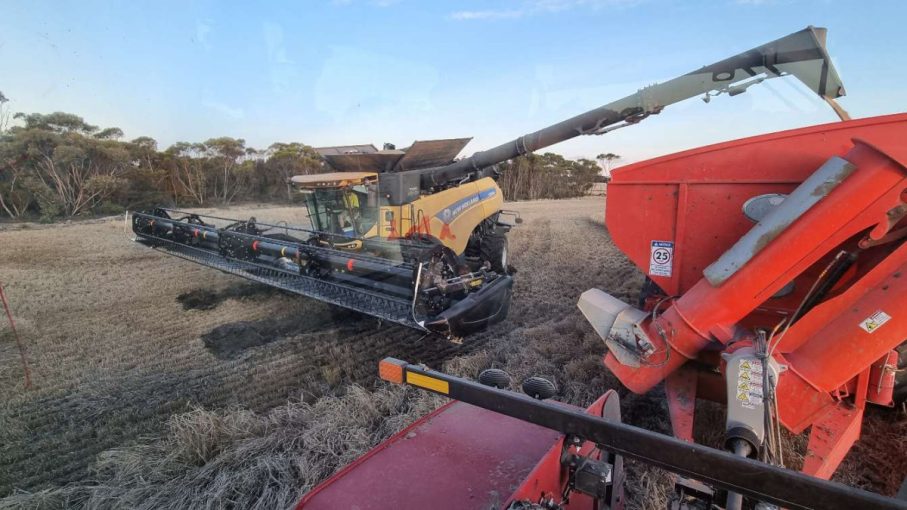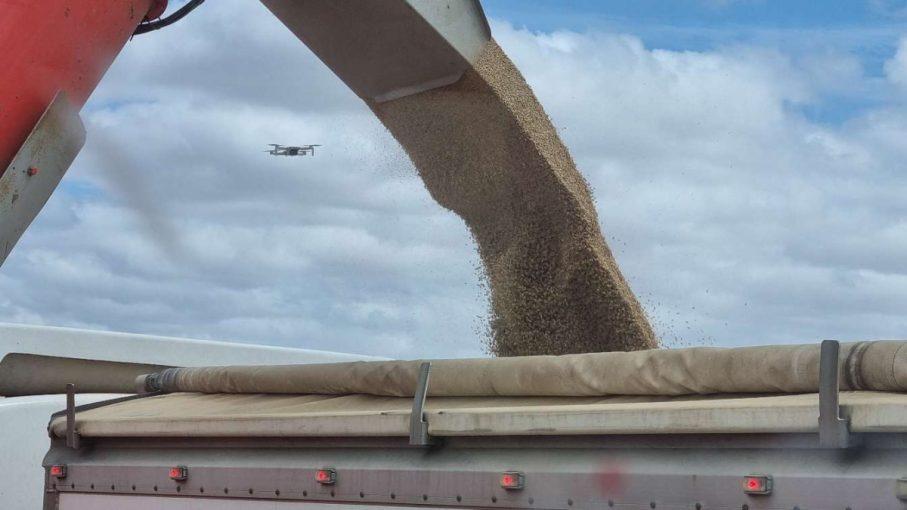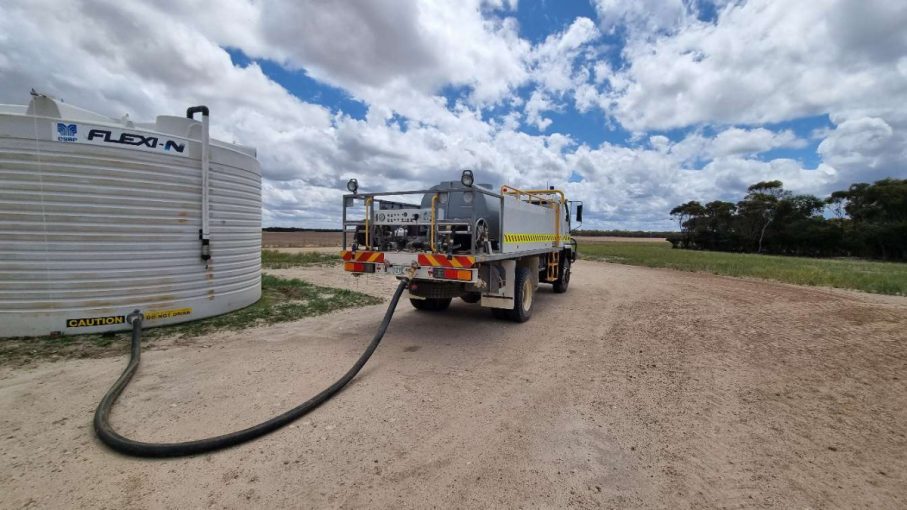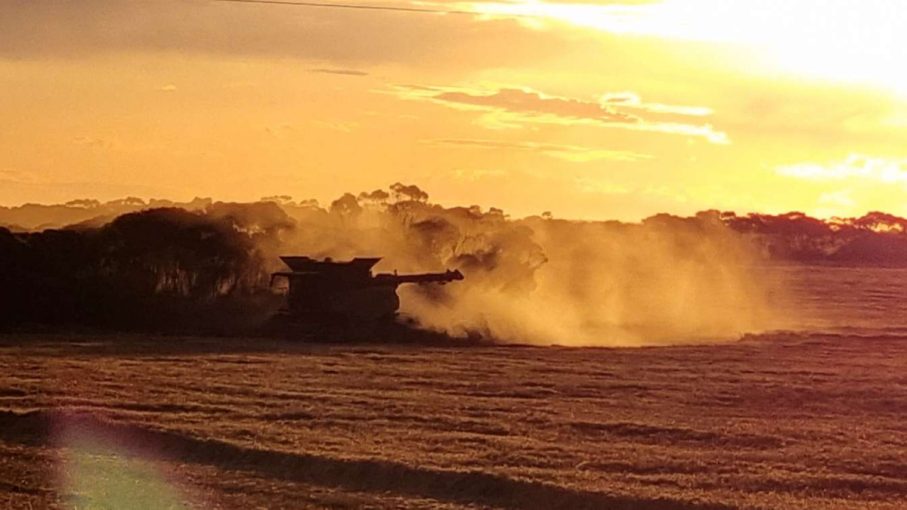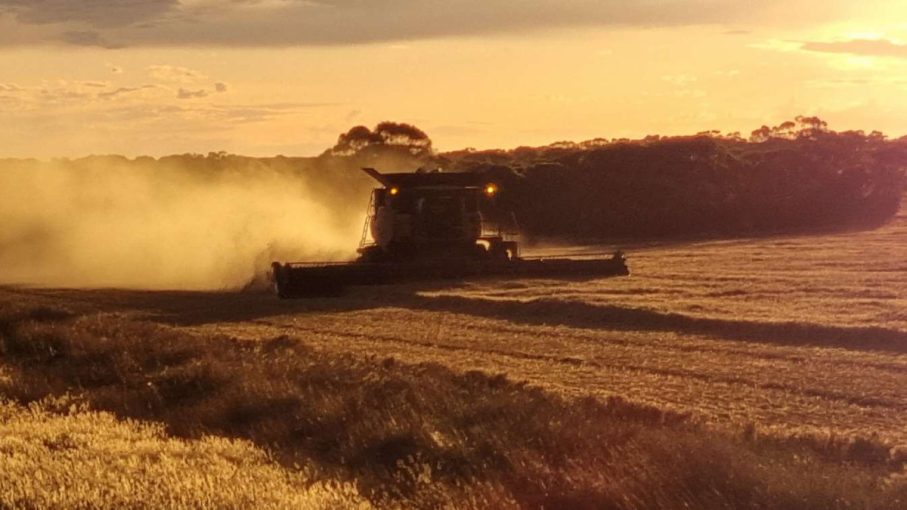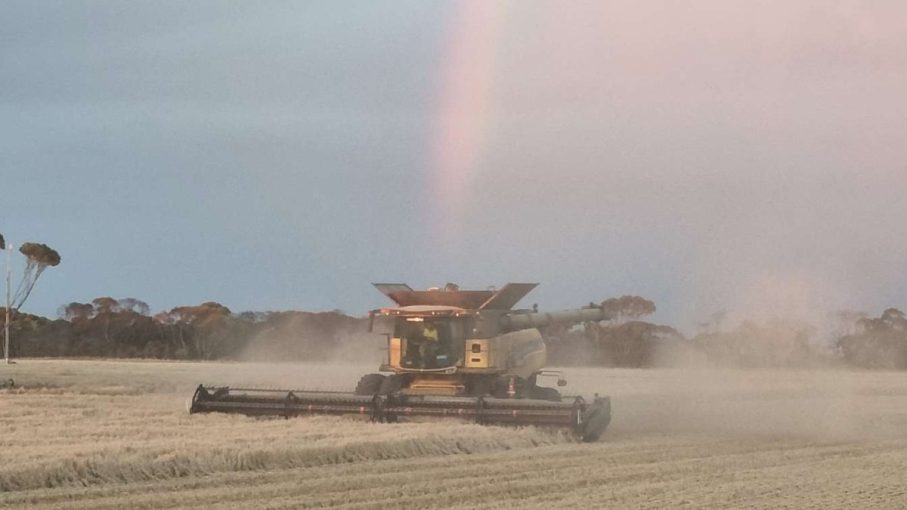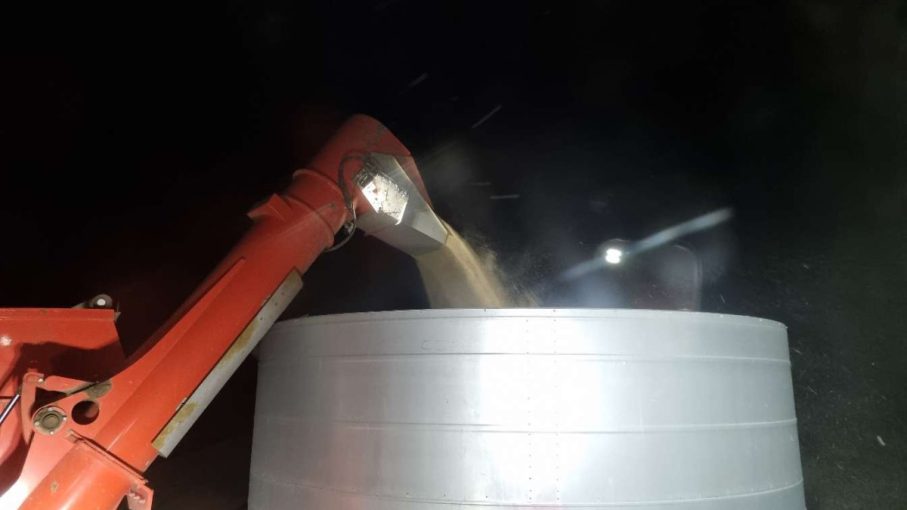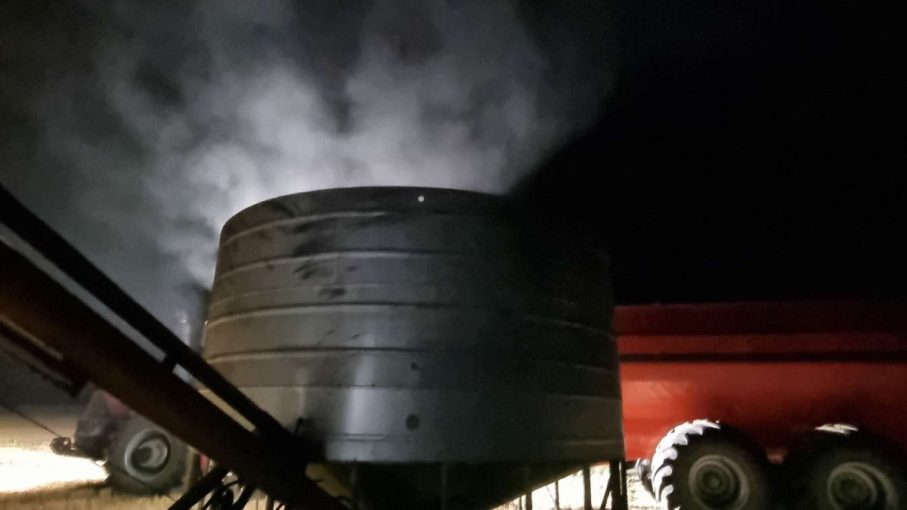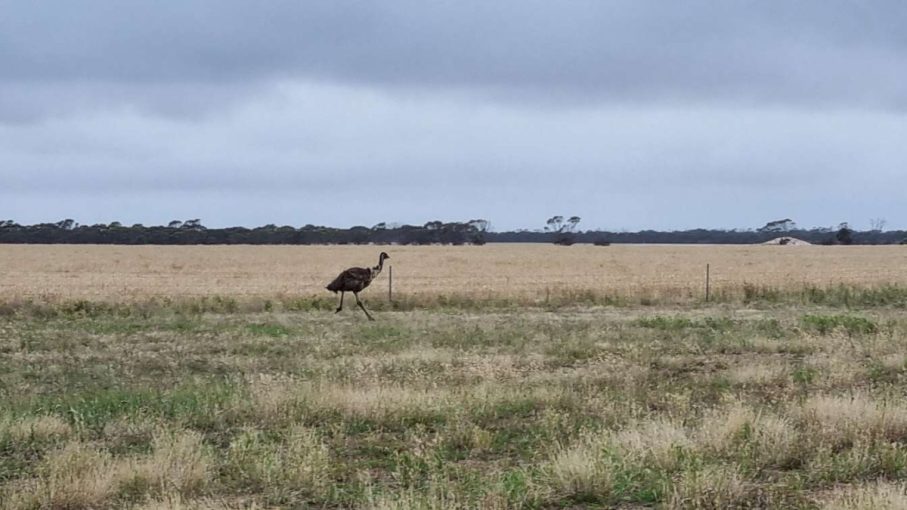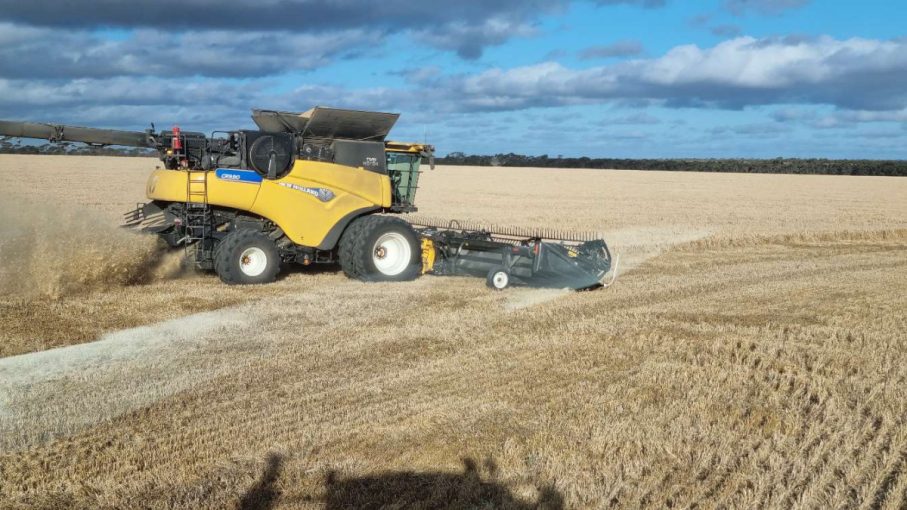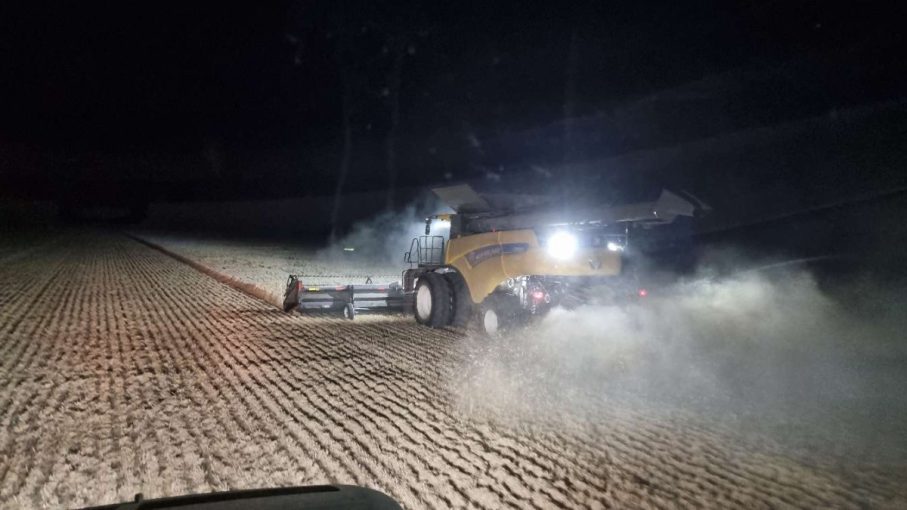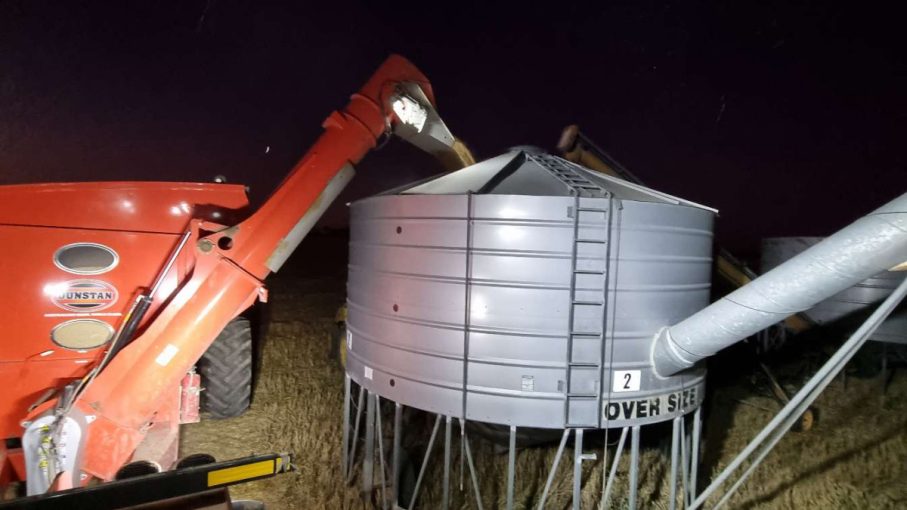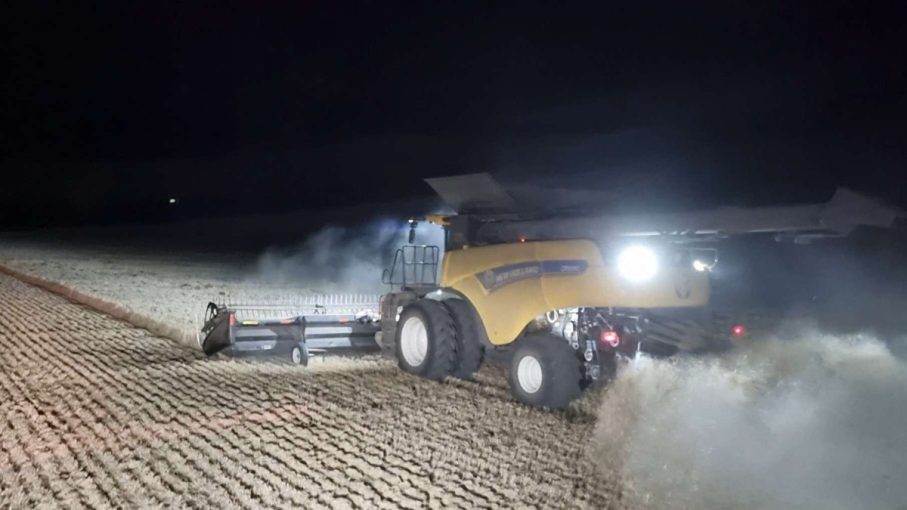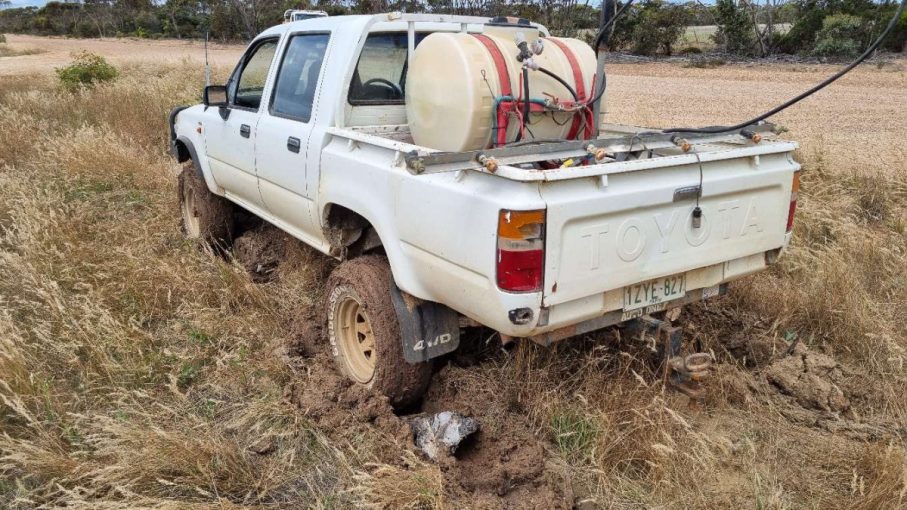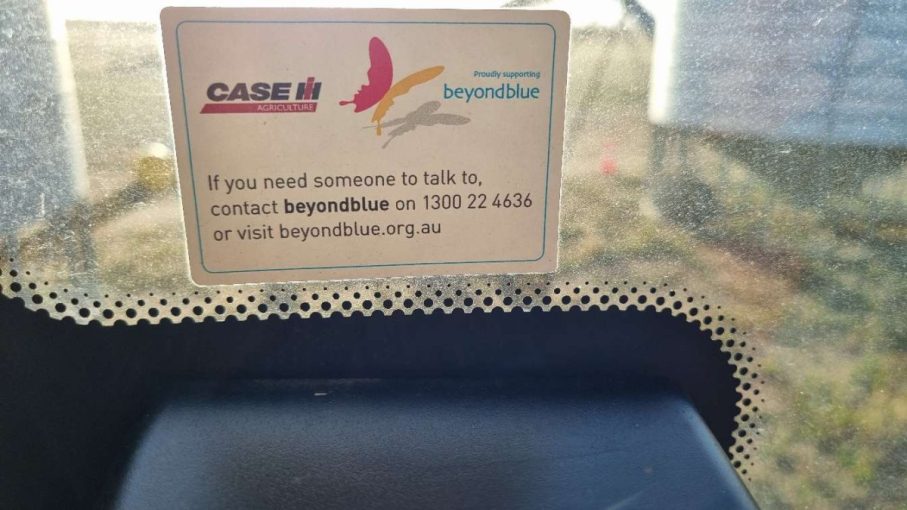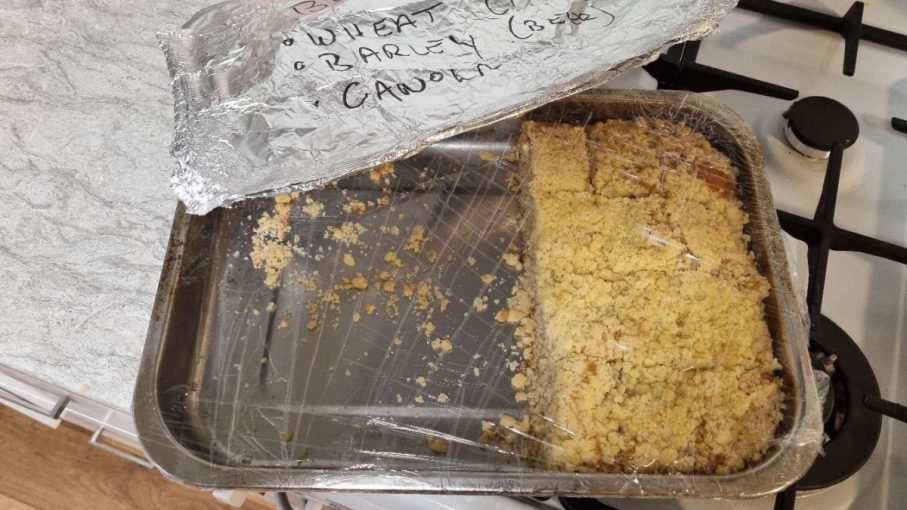“Please don’t send these pictures to India”, my friend Ben said (his real name!)
I agreed we would keep them between us. We were being flippant, but the point Ben was making was the huge difference in how we produce food in western countries like Australia compared to many poorer regions around the world such as India where many of his family originates from.
Unlike these poorer countries where manual labour brings the connection of food to land much closer, the chasm between our food and where it comes from has become so great. For the majority of us, we really have absolutely no idea the source of our food or how it is produced.
I once visited a herb and spice farm in my travels overseas. I always thought spices came in these little jars… I never really gave it much thought. So, it was a total eye opener to discover the unimaginable array of plants that are the source of so many of these “everyday” spices.
But then again, sure I know that bread comes from flour, and flour comes from wheat. But when you spend most of your life simply pulling food off the supermarket shelf into our shopping basket, we really have become so detached from its source.
That’s why its been a complete eye opener being involved in this year’s grain harvest. To have the opportunity to appreciate the extraordinary process and effort that goes into bringing food such as a simple loaf of bread onto our kitchen tables. The technology, the massive machinery, but more so the commitment and dedication of farmers like the Bertola family down here in the south coast wheat growing area near Esperance in Western Australia. The risks they take trusting the cost of what they sow will not be destroyed by adverse weather. The daily farming decisions, the machinery operations and processes and in particular the long hours, day after day, year after year.
But what makes this even more extraordinary, harvesting is just one process in producing that loaf of bread. There’s another huge amount of effort the farmer goes into seeding the crops. Then there’s the flour milling, the baking and then the distribution and retailing.
Perhaps those in poorer countries have a significant advantage over us. They appreciate where their daily food comes from. In the meantime, I don’t think I could ever take for granted the food I take off the supermarket shelf in the same way again. Here’s a brief insight (with my added take on the job!)…
For the full interview with Paul, where he also talks about the rapid growth of the Esperance region and the influence wealthy Americans land owners such as Art Linkletter had in the area at the time….

